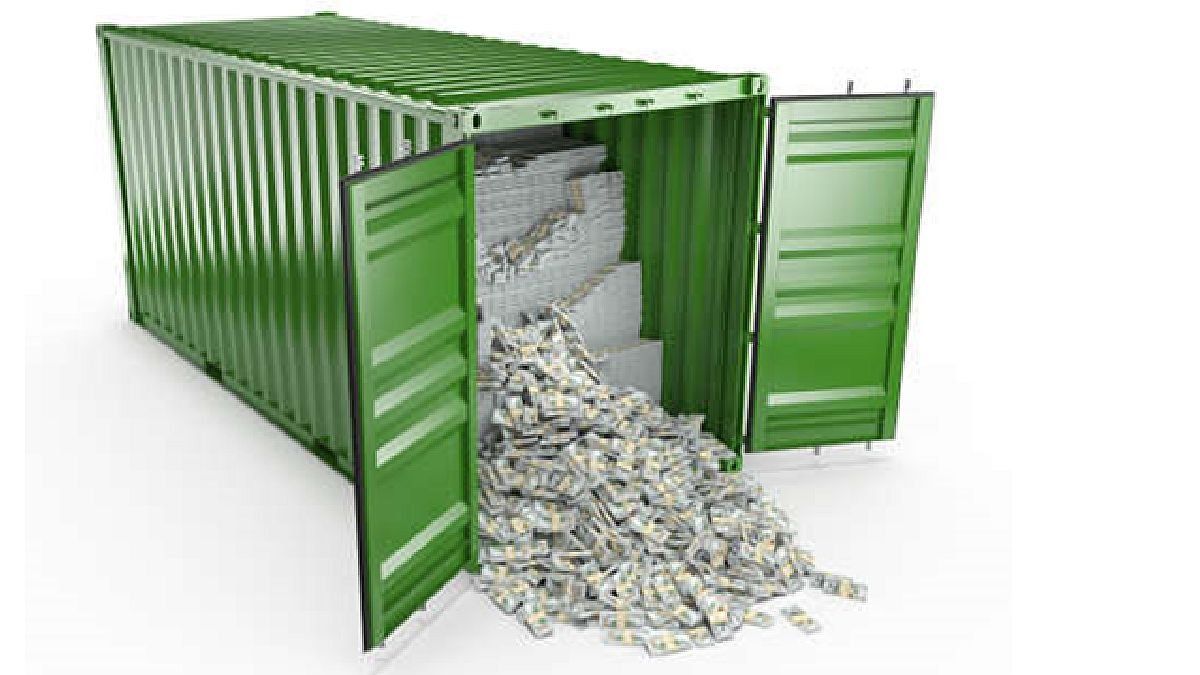The items that are most affected are those that have greater intervention in their value chain. Among them are automotive and auto parts, construction and materials and technology. If the situation is complicated for large companies and suppliers, SMEs, in parallel, suffer these same effects more harshly.
imports.jpg
NA
Automotive sector and auto parts
The new rules for importation represent a blow for vehicle dealers, especially for those who base their business on the sale of vehicles from abroad. Also for luxury motorcycle dealers, which are affected by the measures of the central bank.
The terminals warn that this combination of measures complicates the entry of parts and auto parts, as there is a lack of dollars and authorizations to bring components. For now, the Government allows the necessary amount of foreign currency according to each operation.
For example, the shortage in the provision of tires and auto parts complicated the manufacture of pick ups and utility vehicles. In the Santa Isabel factory, in the province of Córdoba, Nissan and Renault kept the pick-up manufacturing line paralyzed weeks ago, for not having the necessary parts due to import obstacles.
Construction and materials
On the construction side, from the Central Society of Architects, its head, Darío López, said in journalistic statements that the new measures “add slowness to a delay that already complicates the conclusion of real estate projects and discourages the launch of new ones.”
They advance from the sector that there will be complications for the provision of electronic materials, lighting and other elements, which are imported from abroad. The issue of deadlines is added: many times the products and materials do not arrive on time or do not have an estimated date, which generates uncertainty.
In the field of plastics, the situation is not far off. It is an industry that basically depends on the polymer, where almost 50% of the inputs are imported. Larger volume importers reported problems turning foreign currency, which has an impact on the production chain.
food and trade
Meanwhile, from the food sector, one of the referents, Martín Cabrales (vice president of Cabrales SA), said that if the term for payment of imports is not lowered to 90 days there will be supply and cost problems and assured that There are coffee shortages in some supermarkets. “We can’t find providers that will finance us for 180 days,” he assured.
From several businesses they also noticed shortages in items such as toilet paper, napkins and kitchen rolls in addition to cocoa, the latter a clearly imported input. The shortage of footwear and sportswear was also accentuated, something that had been on the radar for a year, with problems in the supply of materials for clothing.
Sectors such as chemical production, textiles or rubber, suffer even more from the effects of more measures that block imports.
Source: Ambito
David William is a talented author who has made a name for himself in the world of writing. He is a professional author who writes on a wide range of topics, from general interest to opinion news. David is currently working as a writer at 24 hours worlds where he brings his unique perspective and in-depth research to his articles, making them both informative and engaging.




